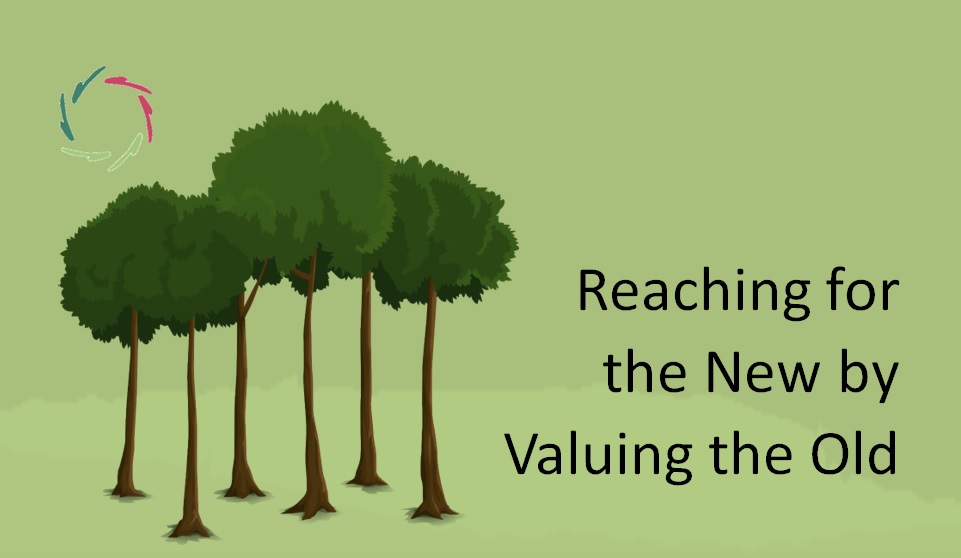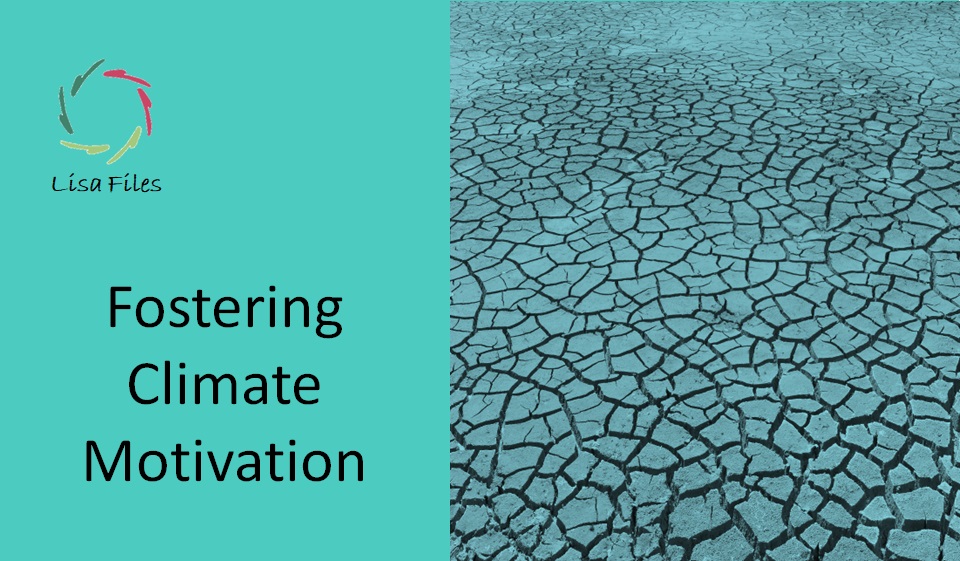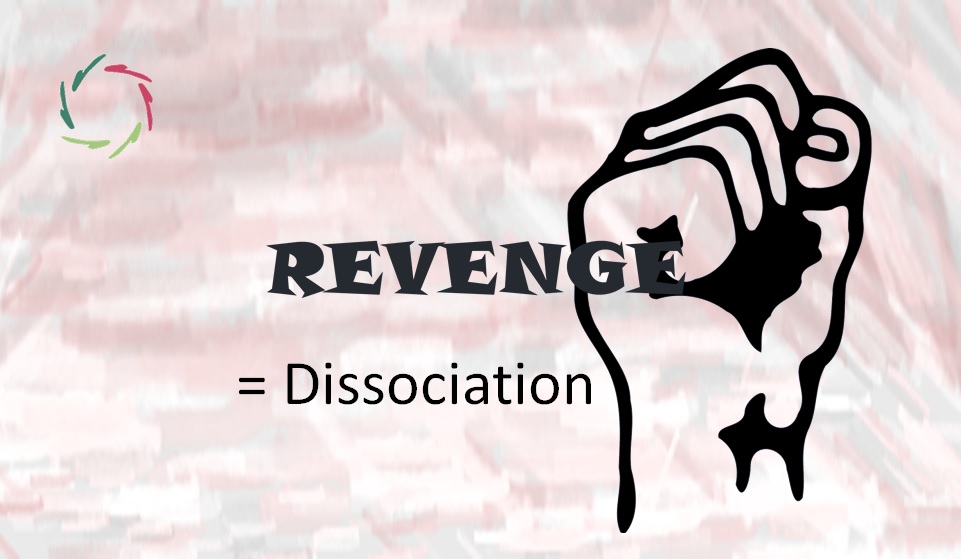A Life is a Life

Whether an American, a European, or an African life, a Russian or a Ukrainian life, a Palestinian or an Israeli life — any life.
This assertion is so logically obvious and, at the same time, so emotionally contentious. Yet, especially every world leader should take it at heart.
Beyond small-circle empathy
Getting beyond this is challenging for many people.
This used to be unproblematic in the past, with little means of knowing what was going on in the wider world. Meanwhile, it has become more problematic because of the tremendously enhanced means to know better. To say “we didn’t know,“ is no longer appropriate. Almost always, we can know if we care — huge difference! This way, small-circle vs. large-circle empathy has become a choice and a responsibility.
Every life
Ignorance may not only lie in a factual not-knowing. It may also lie in not grasping the facts at a deeper level. One example is not validating a life as what it really is — objectifying some lives as insignificant pieces in a global puzzle.
One may value a life as to how deeply one feels personally related. This makes no sense except for small-circle empathy.
Every life is a life.
This has nothing to do with how one emotionally feels about it — in principle.
And then again, it has, for being the only decent way to think about it. No culture makes any life less worthy, nor any status or amount of money, nor any clothing or book, nor any age, illness, or addiction.
Nor the life of a loved one versus another
This is somewhat more challenging, of course. By the way, the ‘loved ones’ include yourself.
If there is a choice, choose love. Love has no price. Still, this doesn’t mean any life is worth less or more. A life still is a life. The only reason for your choice is your love — no other distinction.
That makes love additionally special.
Nor the life of an enemy versus no-enemy
This may be even more challenging to some, of course ― especially in wartime.
You don’t need to hate the enemy to do the right thing.
You don’t need to devalue his life to do the right thing.
You don’t need to see the enemy as your enemy to do the right thing.
As it happens, soldiers from ‘the wrong side’ may encounter each other after the war and become good friends. In such cases, the lack of logic is not in the friendship.
What about quality of life?
That should be decided only by the person himself. Even so, proper coaching can dramatically change the picture.
It’s tempting to reduce ethical questions to numbers: X x Y = Z. In matters of life, this doesn’t fit for the following reason:
Infinitely worthy
You too — are worth an infinity — as a total being — every minute.
A mere-ego that takes possession of this is prone to immense hubris and resulting mayhem. This has played a role in many worldly affairs – starting wars, etc. – usually ending in a fall as steep as the hubris itself.
So, please consider that the ‘infinitely worthy’ idea is a challenging one. Nevertheless, it’s the only viable one, the one also of self-Compassion (in empathy beyond) and, eventually, global Compassion.
Life is a beautiful thing.
Life.


